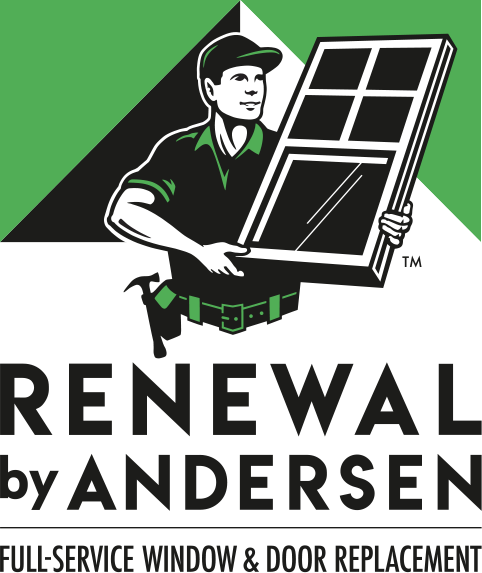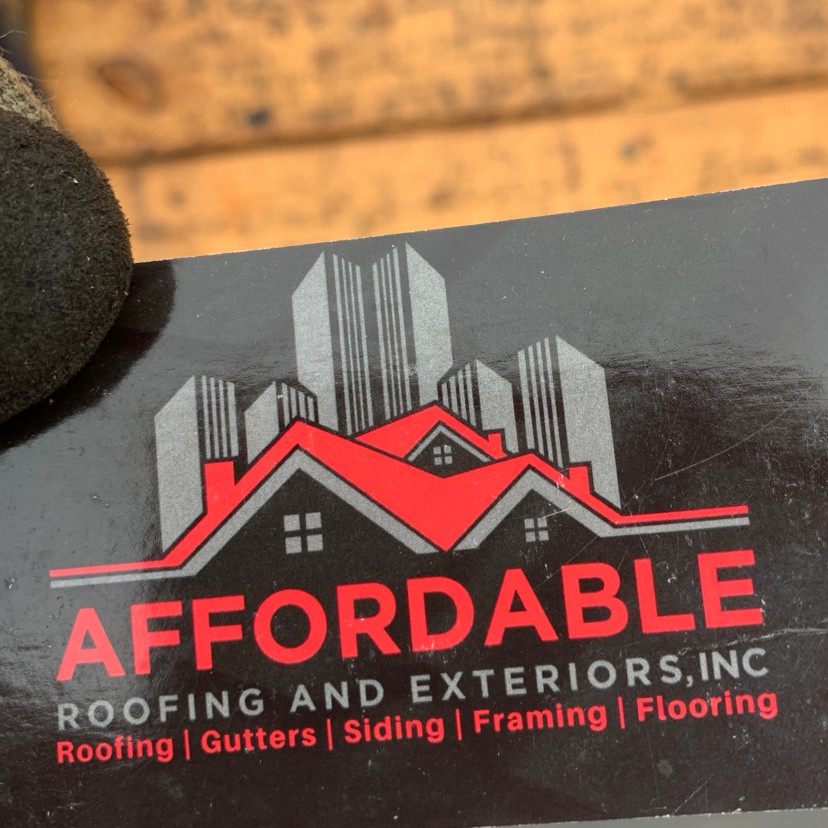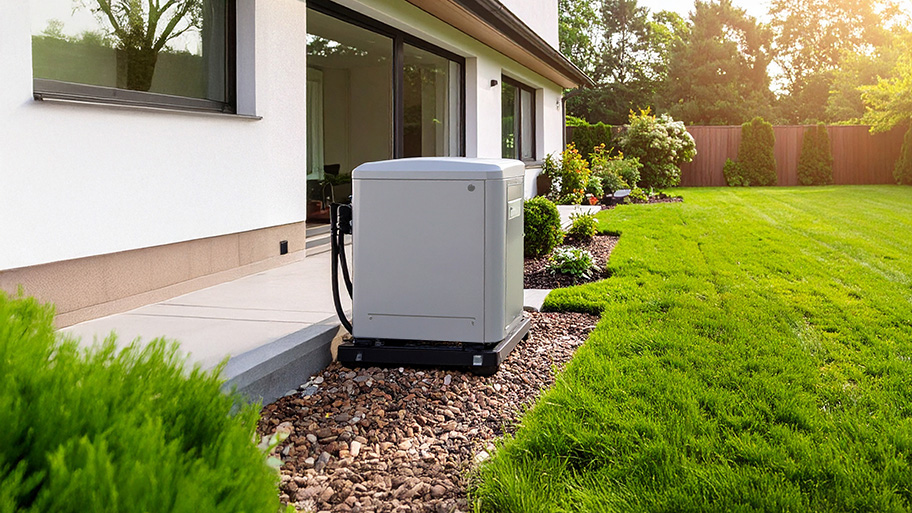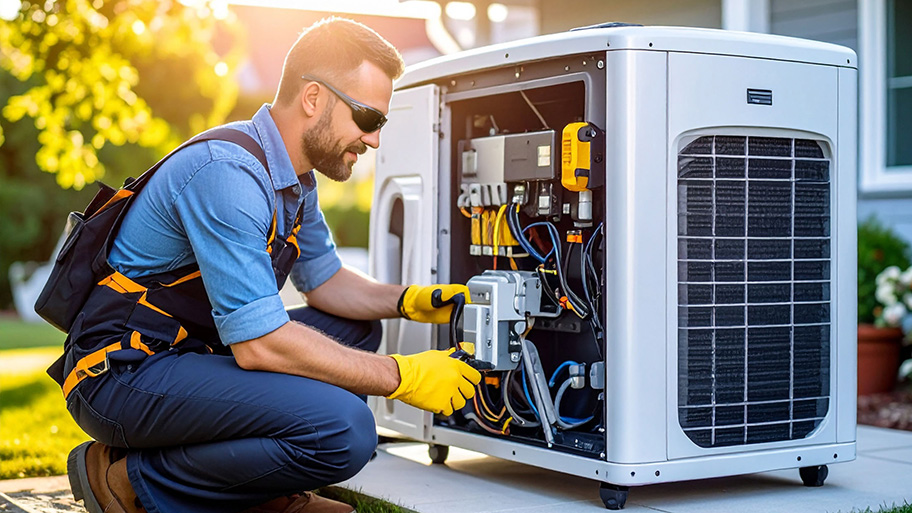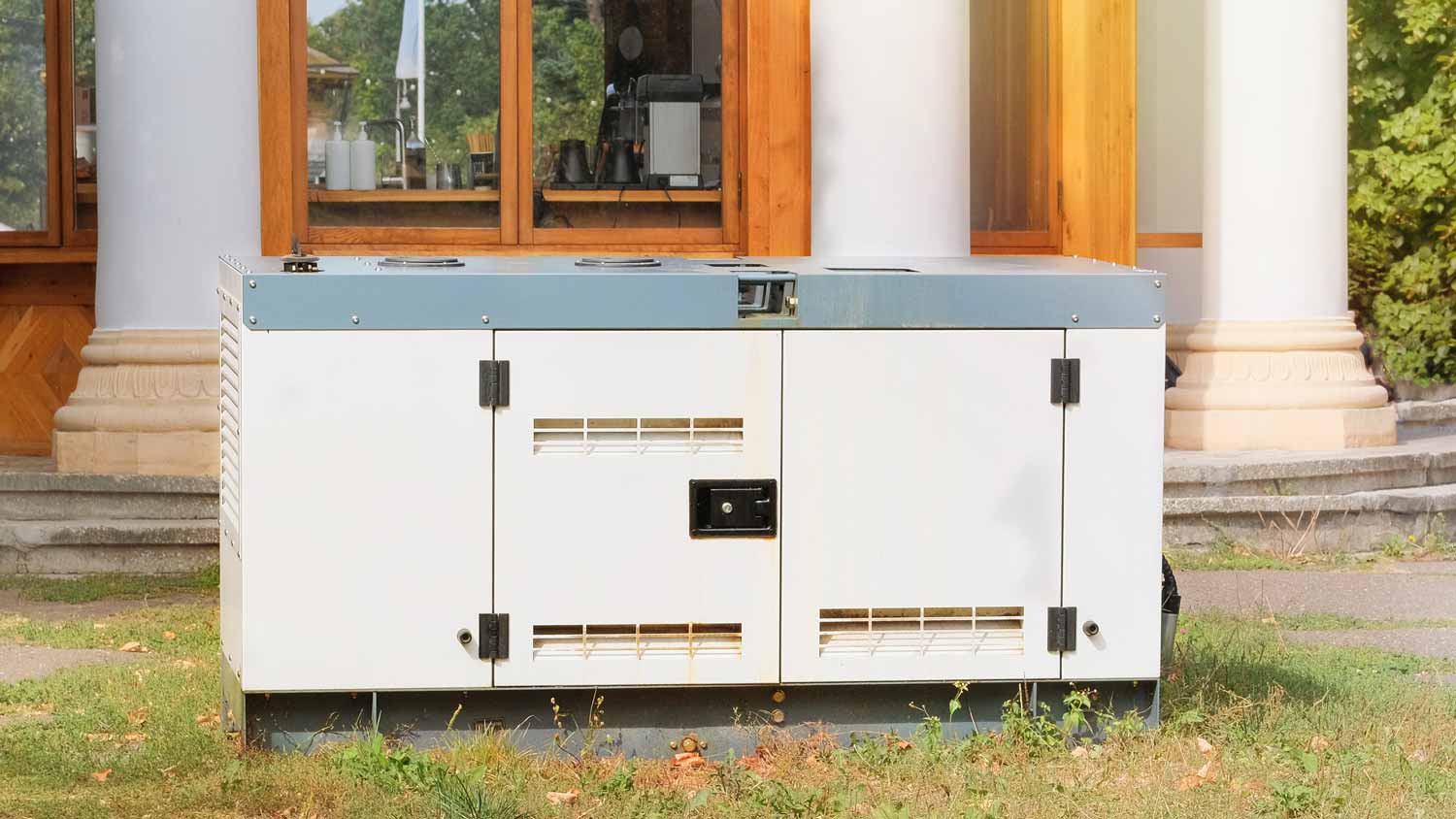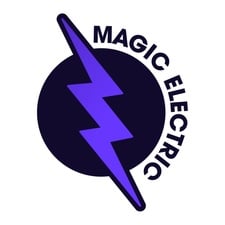
Magic Electric
Magic Electric
We pride our company on reliability, great communication, integrity, and quality work. We are experts in our trade and will do our best to keep you as educated as we can on your particular task or project. We look forward to earning your business!
"Awesome experience! Great customer care and plan to definitely using again. "
Westly V on June 2025
We pride our company on reliability, great communication, integrity, and quality work. We are experts in our trade and will do our best to keep you as educated as we can on your particular task or project. We look forward to earning your business!
"Awesome experience! Great customer care and plan to definitely using again. "
Westly V on June 2025



